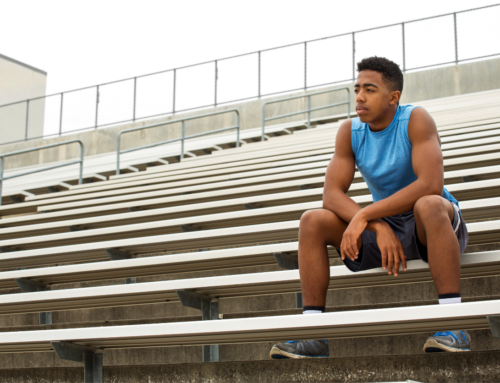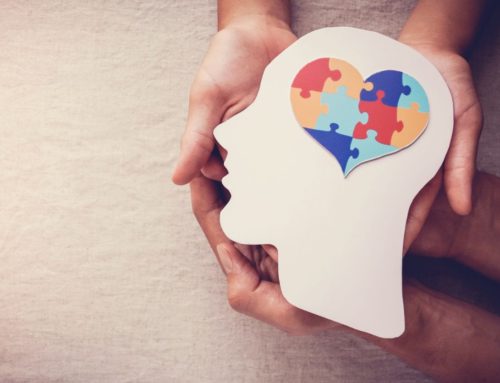One of my favorite sport psychology books is entitled The Inner Game of Tennis by W. Timothy Gallwey. It was first published in 1974, and the last edition was published in 1997. I still refer to it as the “bible of sport psychology,” and it is one of the first books I recommend athletes read. This book was the first book I gave to Apolo Ohno to read when I worked with him. The concepts described in the book provided the foundation for the work Apolo and I did together. You can read about how the book helped him in his autobiography Zero Regrets: Being Better Than Yesterday on pages 101-102. I frequently give the book as a present to people who are active or athletic. And years ago I gave Matt, a friend’s son, the book for his birthday.
Matt let me know he enjoyed the book. And his father told me a funny story based upon Matt’s feedback him. Upon finishing the book, Matt said to his father, “Dad, this book means I don’t have to train so much.” Well, Rick burst into laughter and called to tell me this. Rick asked, “Doug, what are you having my son read?” I laughed as well sharing that I could see how Matt would think that way after reading the book. Because Gallwey talks about winning the “inner game.” And that is the game we play against ourselves. Gallwey describes ways to think differently, but not ways to actually physically practice. So readers, including Matt, jump to the conclusion they do not have to train as much or as hard. At times this is what athletes think sports psychology will do for them. And that is an incorrect belief that leads to my wanting to share with you one truth about sports psychology and performance enhancement.
Developing Psychological Skills
Developing psychological skills like confidence, concentration, discipline, composure and the ability to relax under pressure are just a few psychological skills. To become what I call a “psychologically skilled athlete” involves the regular and consistent practice of mental skills like concentration training, visualization training, goal setting, and breaking through self-limiting beliefs. Practicing these skills on a regular basis is the only way to create a shift in how you think and feel. And committing to the practice can add more time to your training program. I typically recommend about 30 – 45 minutes of home practice on a daily basis. And I know this is challenging given your training schedule and school work. However, if you truly want to “become better than yesterday,” it will take persistence and discipline. I think this is the fun part because it will lead to you extending yourself in ways you probably do not think you can. And these 30 – 45 minutes a day can lead to results you never imagined. I encourage you to keep this in mind when embarking on the journey to win the “inner game.”
Be in touch if you would like to learn more about sports psychology and enhancing your performance on or off the field.
Did you enjoy the article ‘Training for the Mental Side: The Truth About Performance Enhancement’? If so, check out Mental Training Begins in the Gym, or more of our articles HERE.
By Doug Jowdy, Ph.D.
Sport Psychologist
Former Team Psychologist for U.S. Speed Skating
www.drdougjowdy.com






